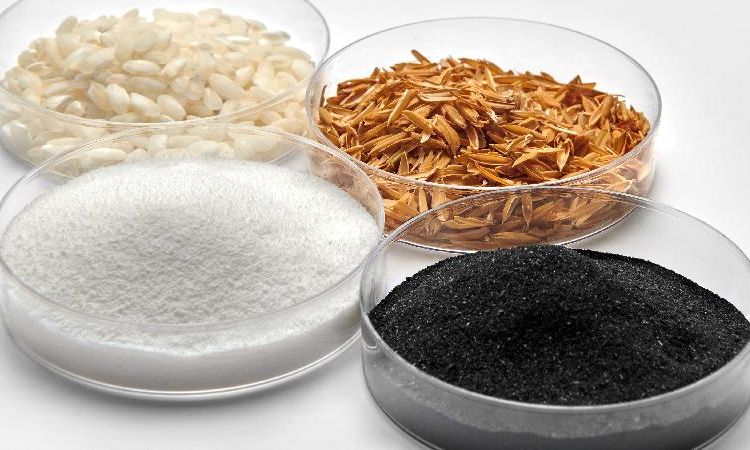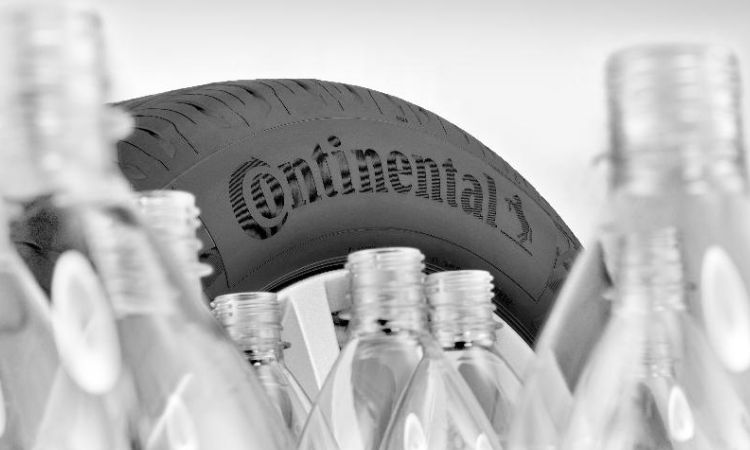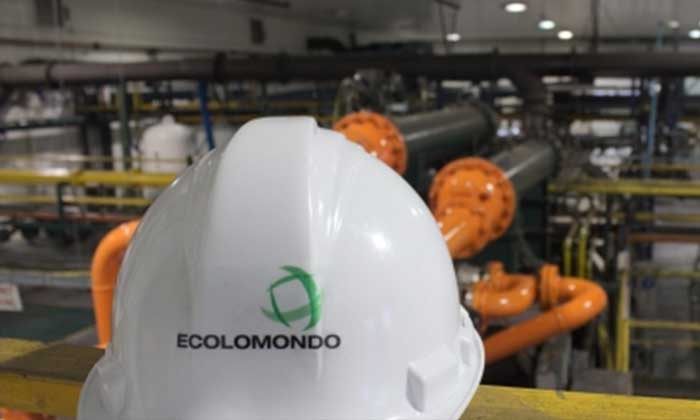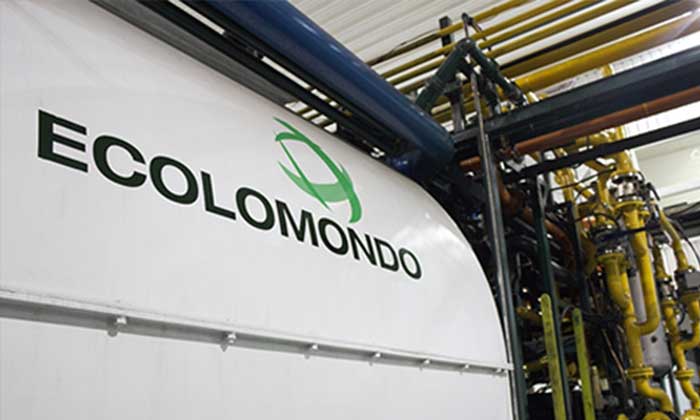Continental boosts use of renewable and recycled materials in tire production
Hanover, Germany, June 5, 2025 – Continental is integrating even more renewable and recycled materials into its tire production. While their share averaged 26 percent in 2024, the tire manufacturer expects this figure to increase by two to three percentage points in 2025. This increase is due to the use of synthetic rubber obtained from renewable or circular oil, polyester made from recycled PET, recycled steel, and innovative fillers such as silica from rice husk ash. In addition to introducing various sustainable materials, changes in the product mix may influence this key figure's development. By 2030, Continental aims to increase the share of materials from renewable and recycled sources in its tire production to more than 40 percent while always maintaining the same high safety and performance characteristics.
“We are systematically increasing the share of renewable and recycled materials in our raw material portfolio. In five years, we aim to surpass the 40 percent mark,” explains Jorge Almeida, Head of Sustainability at Continental Tires. He adds: “To achieve a sustainable mobility, we are constantly searching for even more environmentally friendly materials. After extensive testing, we integrate them into production as quickly as possible.”
Mass balance-certified materials ensure transparency and traceability
A significant driver of this transformation is the mass balance approach. Mass balance is a chain of custody option in which certified and non-certified materials are physically mixed throughout the value chain but kept separate through verifiable bookkeeping. With it, renewable and recycled raw materials are integrated into existing production processes according to internationally recognized principles. By using the mass balance system, Continental can document and track the exact amount of recycled and renewable materials used, ensuring that the quantity of alternative feedstocks allocated to the product matches the quantity sourced at the start of the production. The mass balance approach enables Continental to efficiently manage the complexity and use of its raw material portfolio across numerous production sites in different markets, while sustainable materials are accounted for and allocated on a site-specific basis. It also allows Continental to continuously increase the share of more sustainable materials in its tires and supports suppliers in ramping up new technologies required for the sustainability transformation. Continental has had this process certified by ISCC Plus, an internationally recognized certification scheme. Mass balance-certified materials introduced include synthetic rubber as well as carbon blacks derived from bio-based, bio-circular and/or circular raw materials.

Rice husks have proven to be a reliable base material for more sustainably manufactured silica. Manufacturing with rice husk ashes is more energy-efficient than silica made from conventional materials such as quartz sand. | Image by Continental.
Continentals tire plants in Lousado, Hefei, Puchov and Korbach have already obtained the International Sustainability and Carbon Certification (ISCC) sustainability certification.
Responsibly sourced natural rubber, recycled steel and PET bottles

High-quality polyester yarn is obtained from recycled PET bottles that do not come from a closed recycling loop. | Image by Continental.
A key component of tires is natural rubber, which is traditionally obtained from rubber trees. For Continental, this represents a sustainable production material if cultivated and procured in an environmentally friendly and responsible manner. To ensure this, the tire manufacturer pursues a holistic approach that includes innovative technologies, digitalization, local involvement in rubber cultivation and systematic risk mapping. In tire production, textile fabrics made from various types of polyester are also used to increase the strength and durability of tires. It is crucial that these fabrics also remain dimensionally stable under heavy loads and at high temperatures, thus ensuring safety at all driving speeds. Here, Continental uses recycled plastics obtained using its specially developed ContiRe.Tex technology, in which recycled PET bottles are processed without requiring any intermediate chemical steps. This innovative material has already been used in Continental’s tire production since 2022 and is highly stable. Due to its rupture strength, toughness and thermal stability, it is particularly well suited for use in tires.

COKOON is an environmentally friendly adhesion system for textile reinforcements that Continental has developed together with Kordsa, a global supplier of textile reinforcing materials. The goal is to replace substances such as resorcinol and formaldehyde. | Image by Continental.
Continental is also steadily replacing conventional steel and silica with more sustainable alternatives. The tire manufacturer is increasingly using recycled steel from scrap metal for components such as bead cores and casing reinforcements. The filler silica – which is partly responsible for grip, particularly low rolling resistance and high mileage – is now not only being produced from quartz sand, but also from the ashes of rice husks. Rice husks are a by-product of rice production that cannot be used in food products or as animal feed. Adhesive systems and additives are also being replaced by more sustainable alternatives. Since 2019, Continental has been using a proprietary, innovative textile coating named COKOON instead of conventional substances formaldehyde and resorcinol to bond textile components and rubber compounds in a high-performance and environmentally friendly way. During vulcanization, raw rubber is transformed into flexible and elastic rubber. To prevent oxygen or heat from altering the tire properties during this process, certain additives are needed in the tire compound. Here again, Continental is employing ever more sustainable solutions derived from renewable raw materials or recycled materials.
Ongoing research into more sustainable products
Continental is working to promote innovative technologies and sustainable solutions throughout its value chain – from the procurement of more sustainable materials to the recycling of end-of-life tires. Almeida adds: “We have developed a comprehensive portfolio of diverse, more sustainable materials and are continuously integrating them into all our products after extensive testing. In doing so, we ensure that there is no compromise in safety or performance. With this portfolio, we are getting closer and closer to our ambitious, long-term sustainability goals.”
To learn more, please read the original press release by Continental.
Weibold is an international consulting company specializing exclusively in end-of-life tire recycling and pyrolysis. Since 1999, we have helped companies grow and build profitable businesses.









